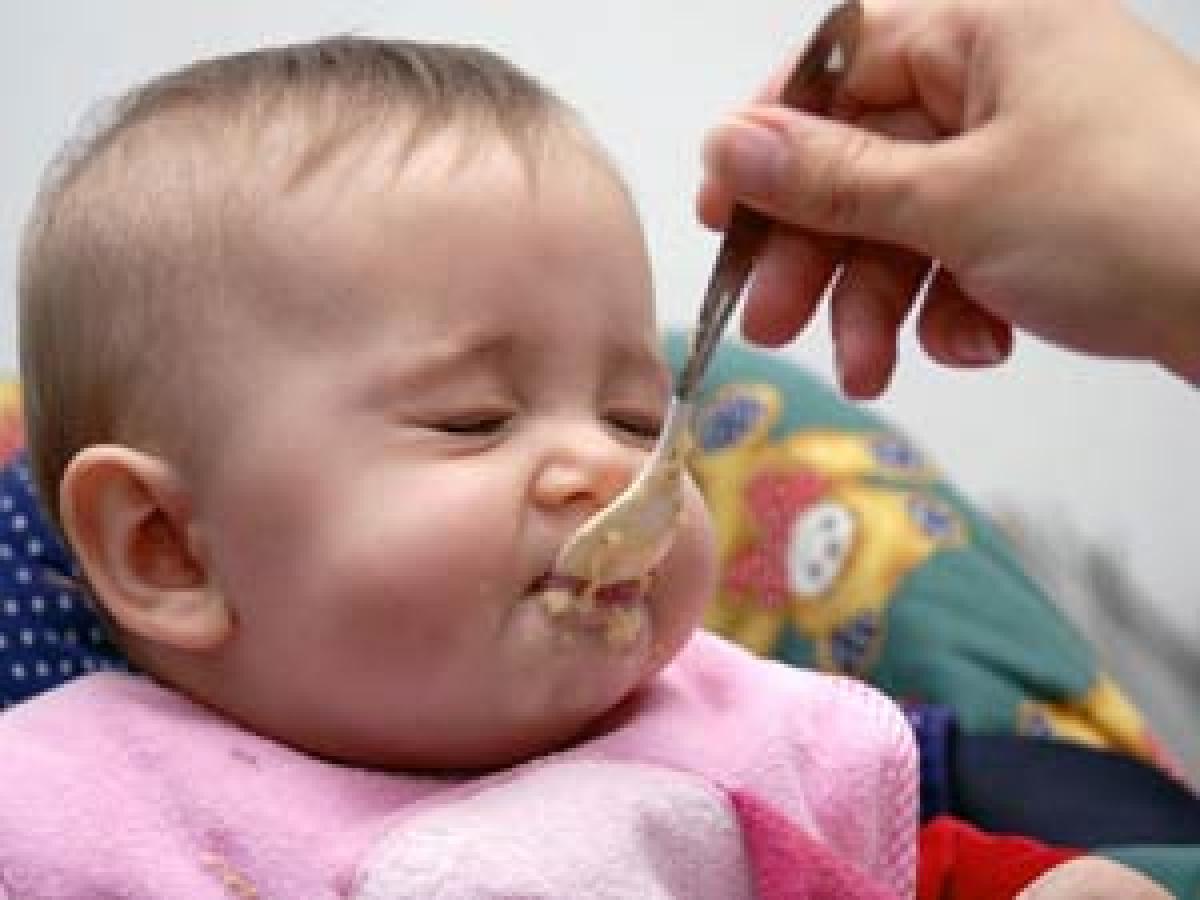Live
- IIFL Home Fin to raise Rs 500 cr
- Sensex, Nifty drift lower on profit booking
- Jagan treated cadres as ‘subordinates’, alleges Grandhi
- Mpower’s survey on edu loans
- IIP growth falls to 3.5% in Oct
- Easing food prices lower retail inflation to 5.48% in November
- Space allocation for packaging units at MSME parks on anvil
- Maha Kumbh: Yogi reviews preparations
- Gadkari on accidents: I try to hide my face in meetings abroad
- Abetment of suicide: Mere harassment not sufficient to find accused guilty says SC
Just In
Consuming rice may put infants at higher urinary arsenic risk


Beware, if you are feeding your infant with rice or rice products! According to a new study, infants who eat rice and rice products are likely to have higher urinary arsenic concentrations than those who do not consume any type of rice.
Beware, if you are feeding your infant with rice or rice products! According to a new study, infants who eat rice and rice products are likely to have higher urinary arsenic concentrations than those who do not consume any type of rice.
The findings based on urine samples showed that arsenic concentrations were higher among infants who ate rice or foods mixed with rice compared with infants who ate no rice.
Also, the total urinary arsenic concentrations were twice as high among infants who ate white or brown rice compared with those who ate no rice.
The highest urinary arsenic concentrations were seen among infants who ate baby rice cereal.
Urinary arsenic concentrations were nearly double for those who ate rice snacks compared with infants who ate no rice. "Our results indicate that consumption of rice and rice products increases infants' exposure to arsenic and that regulation could reduce exposure during this critical phase of development," said lead researcher Margaret R Karagas, from the Geisel School of Medicine at Dartmouth College in US.
Further, other dietary sources of arsenic, such as apple juice, may further contribute to urinary arsenic concentrations. Arsenic exposure in utero and early in life may be associated with adverse effects on foetal growth, and on infant and child immune and neurodevelopment outcomes, the researchers warned.
For the study, published online by JAMA Pediatrics, the team examined the frequency with which infants consumed rice and rice-containing products in their first year of life, as well as the association it had with the arsenic concentrations in the urine. The study, which included 759 infants born to mothers from 2011 to 2014, followed up with phone interviews every four months until 12 months of age.
At 12 months, dietary patterns during the past week were assessed, including whether the infant had eaten rice cereal, white or brown rice, or foods either made with rice, such as rice-based snacks, or sweetened with brown rice syrup, such as some brands of cereal bars.

© 2024 Hyderabad Media House Limited/The Hans India. All rights reserved. Powered by hocalwire.com






